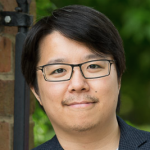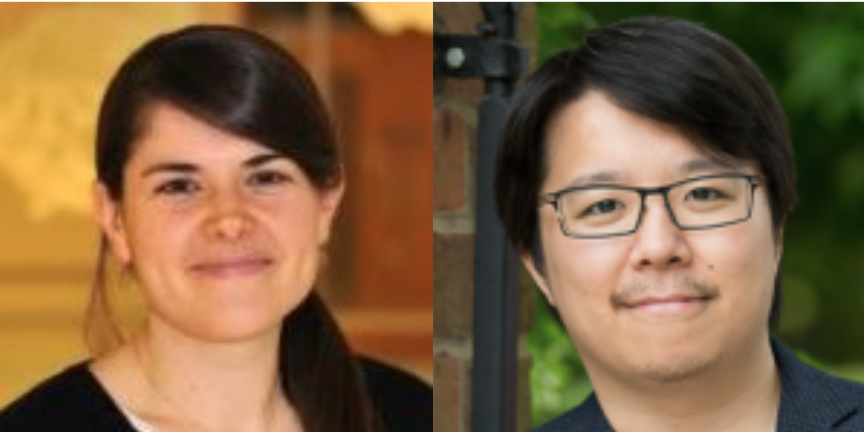Dr. Rowena Kasprowicz (Lecturer in Second Language Education) and Dr. Billy Wong (Associate Professor in Widening Participation) won the 2020 IoE Research Output Awards in the Lecturer category and in the Associate Professor category respectively. The Research Output Awards are given each year to UoR Institute of Education members of staff whose research output is making a valuable contribution to knowledge, as assessed by the IoE Research Committee. It is assessed on its originality, rigour and significance. Details of the past award winners can be found here.
Details of the winning research outputs can be found below:
Kasprowicz, R.E., Marsden, E. & Sephton, N. (2019). Investigating distribution of practice effects for the learning of foreign language verb morphology in the young learner classroom. The Modern Language Journal, 103(3), 580-606. doi: https://doi.org/10.1111/modl.12586
Prior research emphasises the importance of providing regular, repeated opportunities to practise grammar in a foreign language. Numerous studies have considered what types of practice are most useful for learning; however, evidence is limited and conflicting on whether the amount and frequency of practice sessions has any impact on learning. Within a classroom context, where teachers must make decisions about where to allocate the limited teaching time available, this question is particularly important.
Therefore, this publication, co-authored with Professor Emma Marsden (Department of Education, University of York) and Dr Nick Sephton (Digital Creativity Labs, University of York), presents a classroom-based study investigating whether the spacing (7-days vs. 3/4 days) between practice sessions influences learning of verb endings in French by young learners (aged 8 to 11). Over three weeks, the students used the ‘Gaming Grammar‘ language learning game, either once a week for 60 minutes or twice a week for 30 minutes. The results suggested that the spacing of the practice sessions did not influence learning; rather other factors, such as learners’ ability to break down and analyse language, and how successfully they engaged with the practice activities themselves, were stronger predictors of learning success.
For more information on Dr. Kasprowicz’s research, visit her staff profile page here. You can also follow her on Twitter here.

Wong, B., & Chiu, Y.L.T. (2019). Exploring the concept of ‘ideal’ university student. Studies in Higher Education. https://www.tandfonline.com/doi/full/10.1080/03075079.2019.1643302
In the article ‘Exploring the concept of ‘ideal’ university student’, Dr. Billy Wong (Associate Professor in Widening Participation) unpacks the notion of the ‘ideal’ university student as part of his British Academy/Leverhulme Trust-funded project, called Ideal Student. Dr. Wong’s latest paper, co-authored with Dr. Tiffany Chiu from Imperial College London, discusses the working concept of the ideal student as a thinking tool to promote a more transparent conversation about the explicit, implicit and idealistic expectations of students in higher education. The paper stems from a position that believes implicit and unspoken expectations, especially from staff, can result in diverse but patterned student experiences, and contribute to wider social inequalities and reproductions. As such, by understanding how the ‘ideal’ student is constructed in specific contexts, staff and students can better recognise and address differences in their expectations.
The research, published in the Studies in Higher Education, sets out the conceptual backgrounds and meanings of the concept of the ideal student, in the context of higher education. The paper provides a critical and reflective analysis of the concerns as well as potentials afforded by this notion, with a working definition of the ‘ideal’ university student being ‘the desirable but realistic expectations of students in higher education; ideal is not about perfection, nor being the highest or the best’.
For more information on Dr. Wong’s research, visit his staff profile page here. You can also follow him on Twitter here.


